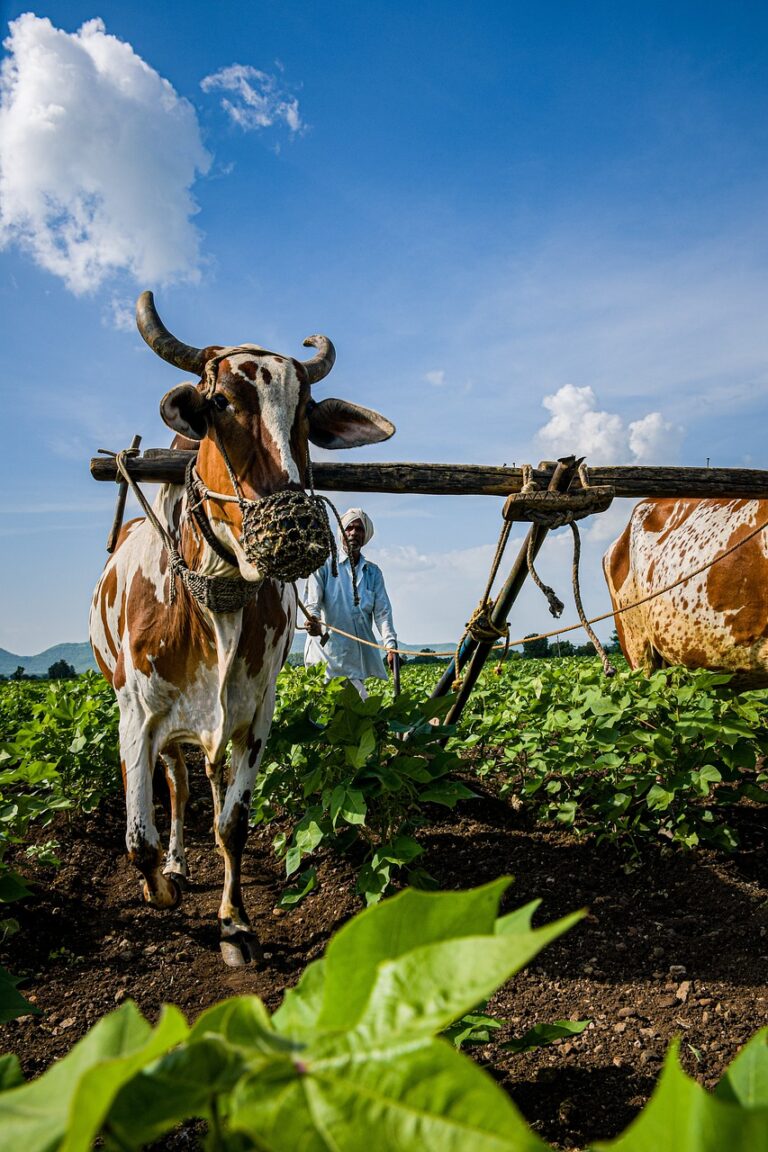
Multi-country monkeypox outbreak: situation update
Geneva: Since May 13, 2022, and as of June 2, 2022, 780 laboratory-confirmed cases of monkeypox have been reported to or identified by World Health Organization (WHO) from 27 countries that are not endemic for monkeypox virus.
As of June 2, 2022, there have been no deaths associated with the current outbreak in non-endemic countries, however, cases and deaths continue to be reported from endemic countries.

WHO said today that epidemiological investigations are ongoing. Most reported cases so far have been presented through sexual health or other health services in primary or secondary health care facilities and have involved mainly, but not exclusively, men who have sex with men (MSM).
While the West African clade of the virus has been identified from samples of cases so far, most confirmed cases with travel history reported travel to countries in Europe and North America, rather than West or Central Africa where the monkeypox virus is endemic.
The confirmation of monkeypox in persons who have not travelled to an endemic area is atypical, and even one case of monkeypox in a non-endemic country is considered an outbreak. While most cases are not associated with travel from endemic areas, countries are also reporting small numbers of cases in travellers from Nigeria, as has been observed before.
The sudden and unexpected appearance of monkeypox simultaneously in several non-endemic countries suggests that there might have been undetected transmission for some unknown duration of time followed by recent amplifier events, WHO said.

WHO assesses the risk at the global level as moderate considering this is the first time that many monkeypox cases and clusters are reported concurrently in non-endemic and endemic countries in widely disparate WHO geographical areas. WHO said it continues to receive updates on the situation in endemic countries.
While investigations are ongoing, preliminary data from polymerase chain reaction (PCR) assays indicate that the monkeypox virus strains detected in Europe and other non-endemic areas belong to the West African clade.
– global bihari bureau





